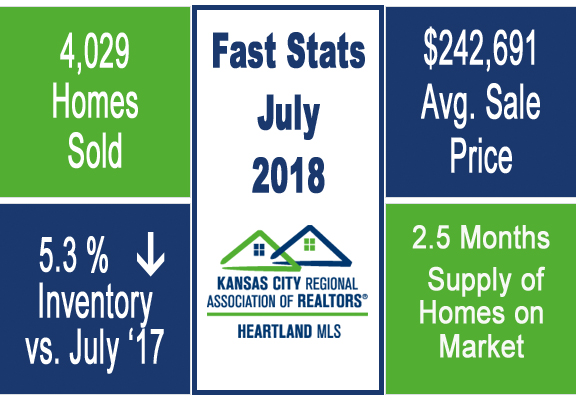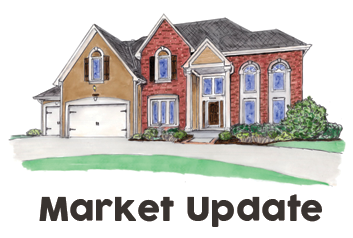Housing price bubble chatter has increased this summer, as market observers attempt to predict the next residential real estate shift. It is too early to predict a change from higher prices and lower inventory, but the common markers that caused the last housing cooldown are present. Wages are up but not at the same pace as home prices, leading to the kind of affordability concerns that can cause fewer sales at lower prices. At the same time, demand is still outpacing what is available for sale in many markets.

Closed Sales increased 5.1 percent for existing homes and 6.7 percent for new homes. Pending Sales increased 13.7 percent for existing homes but decreased 6.7 percent for new homes. Inventory decreased 7.1 percent for existing homes but increased 2.8 percent for new homes. The Median Sales Price was up 6.5 percent to $197,000 for existing homes but decreased 0.4 percent to $356,144 for new homes. Days on Market decreased 12.8 percent for existing homes and 6.6 percent for new homes. Supply decreased 8.7 percent for existing homes and 3.7 percent for new homes.
Consumer spending on home goods and renovations are up, and more people are entering the workforce. Employed people spending money is good for the housing market. Meanwhile, GDP growth was 4.1% in the second quarter, the strongest showing since 2014. Housing starts are down, but that is more reflective of low supply than anything else. With a growing economy, solid lending practices and the potential for improved inventory from new listing and building activity, market balance is more likely than a bubble.
For more specific market numbers, click here.
*Information provided courtesy of KCRAR and Heartland MLS

